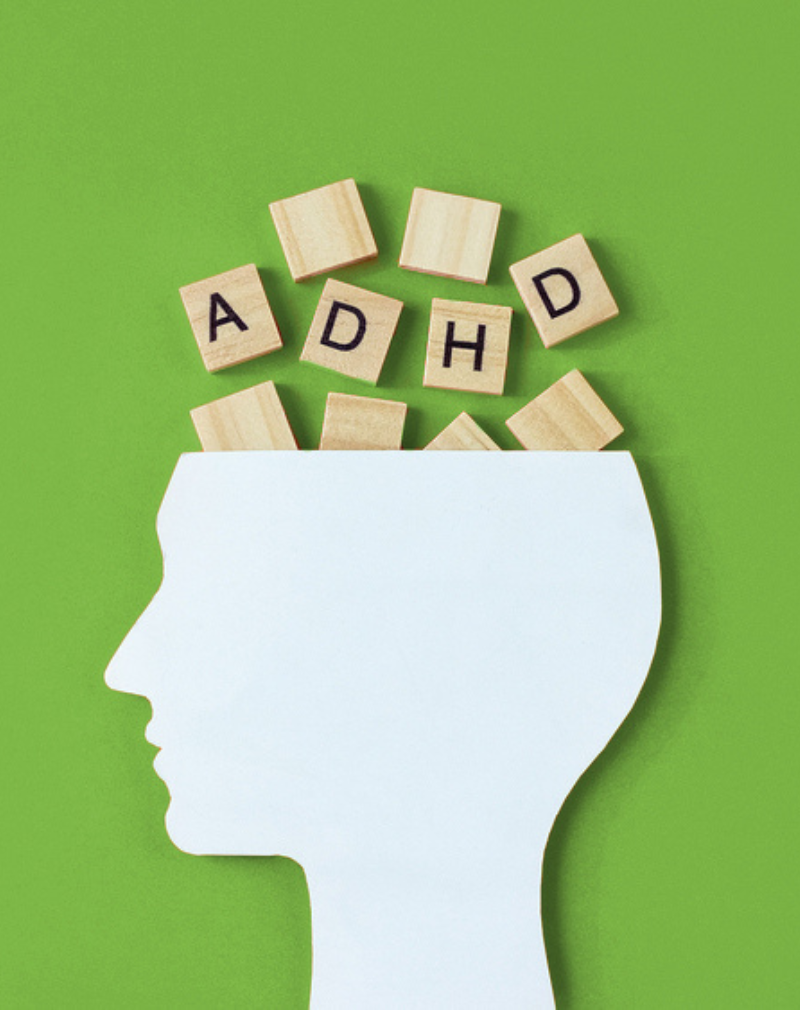The world can often feel like a minefield of triggers for individuals with ADHD. The slightest inconvenience, a minor setback, or even a perceived injustice can ignite a spark of frustration that quickly escalates into a full-blown explosion. Low frustration tolerance, a common companion of ADHD, can manifest as anger outbursts, irritability, impatience, and a general difficulty handling setbacks or delays. The emotional landscape of someone with low frustration tolerance can be tumultuous, with feelings easily hurt and patience wearing thin.
The impact of low frustration tolerance can reverberate through various aspects of life, leaving a trail of strained relationships, missed opportunities, and emotional turmoil. At work or school, it can hinder productivity, disrupt teamwork, and create conflicts with colleagues or peers. In personal relationships, it can lead to misunderstandings, hurt feelings, and damaged trust. The constant emotional rollercoaster can also take a toll on self-esteem and overall well-being.
The Short Fuse: Navigating Low Frustration Tolerance in ADHD
Developing emotional regulation and coping skills is crucial for individuals with ADHD to navigate the challenges of low frustration tolerance. It’s about learning to recognize triggers, manage intense emotions, and respond to setbacks with resilience and grace. By cultivating these skills, individuals can create a more balanced and fulfilling life, marked by healthier relationships, improved self-esteem, and a greater sense of control over their emotions. We at The American Wellness Centre in Dubai Healthcare City have a Specialized Department for ADHD assisting Adults struggling with ADHD.
The Volcano Within: Understanding Low Frustration Tolerance in ADHD
The experience of frustration is universal, but for individuals with ADHD, the intensity and frequency of these feelings can be amplified. Low frustration tolerance, a common hallmark of ADHD, is characterized by a heightened sensitivity to challenges, setbacks, and perceived injustices. It’s like having a shorter fuse, where even minor inconveniences can trigger a disproportionate emotional response.
The manifestations of low frustration tolerance can vary, but often include:
- Anger Outbursts: Sudden and intense expressions of anger, often disproportionate to the situation.
- Irritability: A persistent feeling of edginess or annoyance, easily triggered by minor frustrations.
- Difficulty Handling Setbacks: Struggling to cope with challenges or unexpected changes, leading to feelings of overwhelm and discouragement.
- Impatience: A strong aversion to waiting or delays, often accompanied by restlessness and agitation.
- Giving Up Easily: A tendency to abandon tasks or goals at the first sign of difficulty or frustration.
The Neurological Underpinnings
The roots of low frustration tolerance in ADHD lie in the brain’s complex interplay of neurotransmitters and neural pathways.
- Emotional Dysregulation: Individuals with ADHD may experience difficulty regulating their emotions, leading to heightened sensitivity and more intense reactions to frustration.
- Sensitivity to Stimuli: The ADHD brain can be more sensitive to external stimuli, making it harder to filter out distractions and maintain composure in challenging situations.
The Emotional and Social Ripple Effects
The emotional and social impact of low frustration tolerance can be significant, affecting both individuals with ADHD and their loved ones.
- Strained Relationships: Frequent outbursts and irritability can create tension and conflict in relationships, leading to misunderstandings and damaged trust.
- Social Isolation: Difficulty managing emotions in social settings can lead to withdrawal and avoidance of social interactions.
- Reduced Self-Esteem: Repeated experiences of frustration and perceived failure can erode self-confidence and create a sense of inadequacy.
- Increased Stress and Anxiety: The constant emotional turmoil associated with low frustration tolerance can contribute to chronic stress and anxiety.
Finding Balance and Building Resilience
At the American Wellness Center in Dubai Healthcare City, we understand the challenges of low frustration tolerance in ADHD. Our team of compassionate professionals is dedicated to helping individuals develop the emotional regulation and coping skills needed to navigate life’s frustrations with greater ease and resilience. Through personalized therapy and support, we empower individuals to understand their triggers, manage their emotions effectively, and build healthier relationships.
Strategies for Building Frustration Tolerance
The journey towards emotional resilience begins with equipping individuals with the tools to navigate the turbulent waters of frustration. The American Wellness Center in Dubai Healthcare City offers a range of strategies to help individuals with ADHD develop the skills they need to manage their emotions and build resilience.
Emotional Regulation Techniques
- Mindfulness and Relaxation: Cultivating mindfulness and practicing relaxation techniques, such as deep breathing or meditation, can help individuals become more aware of their emotions and develop the ability to respond to them in a calm and measured way.
- Cognitive Reframing: Challenging negative thought patterns and replacing them with more positive and realistic ones can help individuals reframe their perspective on frustrating situations and reduce their emotional reactivity.
- Healthy Expression: Encourage individuals to identify and express their emotions in healthy and constructive ways, such as through journaling, talking to a trusted friend, or engaging in creative activities.
Coping Skills
- Problem-Solving and Conflict Resolution: Equipping individuals with effective problem-solving and conflict resolution skills can empower them to navigate challenging situations with confidence and reduce the likelihood of frustration escalating into anger or impulsive behavior.
- Stress Management: Teaching stress management techniques, such as exercise, relaxation exercises, or time management skills, can help individuals build resilience and cope with the challenges that trigger frustration.
- Healthy Outlets: Encourage individuals to find healthy outlets for their frustration, such as exercise, creative activities, or spending time in nature. These activities can help release pent-up energy and promote emotional well-being.
Environmental Modifications
- Calm and Predictable Environment: Creating a calm and predictable environment can help minimize triggers and reduce the likelihood of frustration. This may involve establishing routines, setting clear expectations, and minimizing distractions.
- Positive Reinforcement: Offering positive reinforcement and encouragement can help individuals build confidence and resilience in the face of challenges. Celebrate their successes, no matter how small, and provide support during setbacks.
By implementing these strategies and seeking support from professionals, individuals with ADHD can develop the emotional regulation and coping skills needed to navigate life’s frustrations with greater ease and resilience. The American Wellness Center in Dubai Healthcare City is committed to empowering individuals with ADHD to thrive by providing personalized guidance and support on their journey towards emotional well-being.
The Power of Professional Guidance: Building Emotional Resilience
The American Wellness Center in Dubai Healthcare City recognizes that managing low frustration tolerance requires a multifaceted approach that addresses both the emotional and psychological aspects of ADHD. Our team of experienced therapists and ADHD coaches offers specialized support to help individuals develop the skills and strategies they need to navigate life’s challenges with greater ease and resilience.
Therapy: Your Path to Emotional Mastery
Therapy provides a safe and supportive space to explore the root causes of low frustration tolerance, develop coping mechanisms, and learn effective emotional regulation techniques. Our therapists utilize evidence-based approaches like Cognitive Behavioral Therapy (CBT) and Dialectical Behavior Therapy (DBT) to help individuals identify triggers, challenge negative thought patterns, and develop healthy responses to frustration.
Support Groups: Finding Strength in Shared Experiences
Connecting with others who understand the challenges of ADHD can be incredibly empowering. Support groups offer a safe space for individuals to share their experiences, exchange coping strategies, and receive encouragement from others who are on a similar journey.
The American Wellness Center’s Holistic Approach
At the American Wellness Center, we believe in a personalized and holistic approach to ADHD management. Our team of experts specializes in ADHD diagnosis, treatment, and support, offering a range of evidence-based interventions, including therapy, coaching, and medication management when necessary. We’ll work with you to develop a customized plan that addresses your unique challenges and empowers you to build emotional resilience and thrive.
Take the First Step
Don’t let low frustration tolerance hold you back. Contact Us the American Wellness Center in Dubai Healthcare City today for a confidential consultation and discover how our personalized ADHD management program can help you cultivate emotional resilience and thrive. Developing frustration tolerance is key to unlocking a more balanced and fulfilling life with ADHD. By seeking professional help and support, you can learn to manage your emotions effectively, build stronger relationships, and achieve your goals with greater ease.



